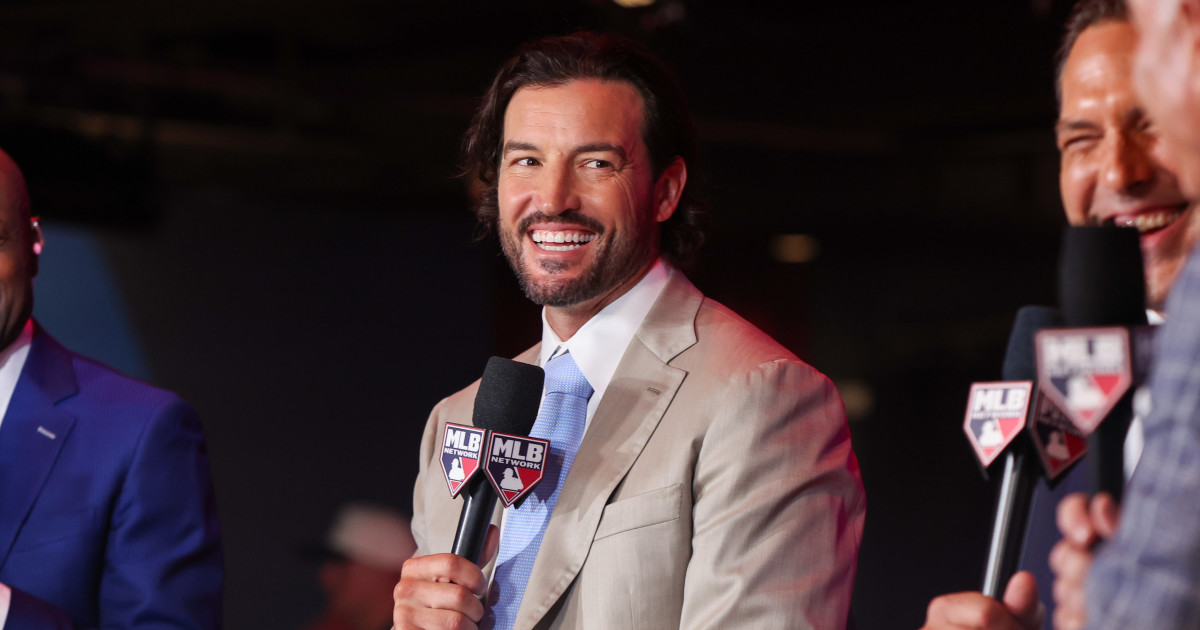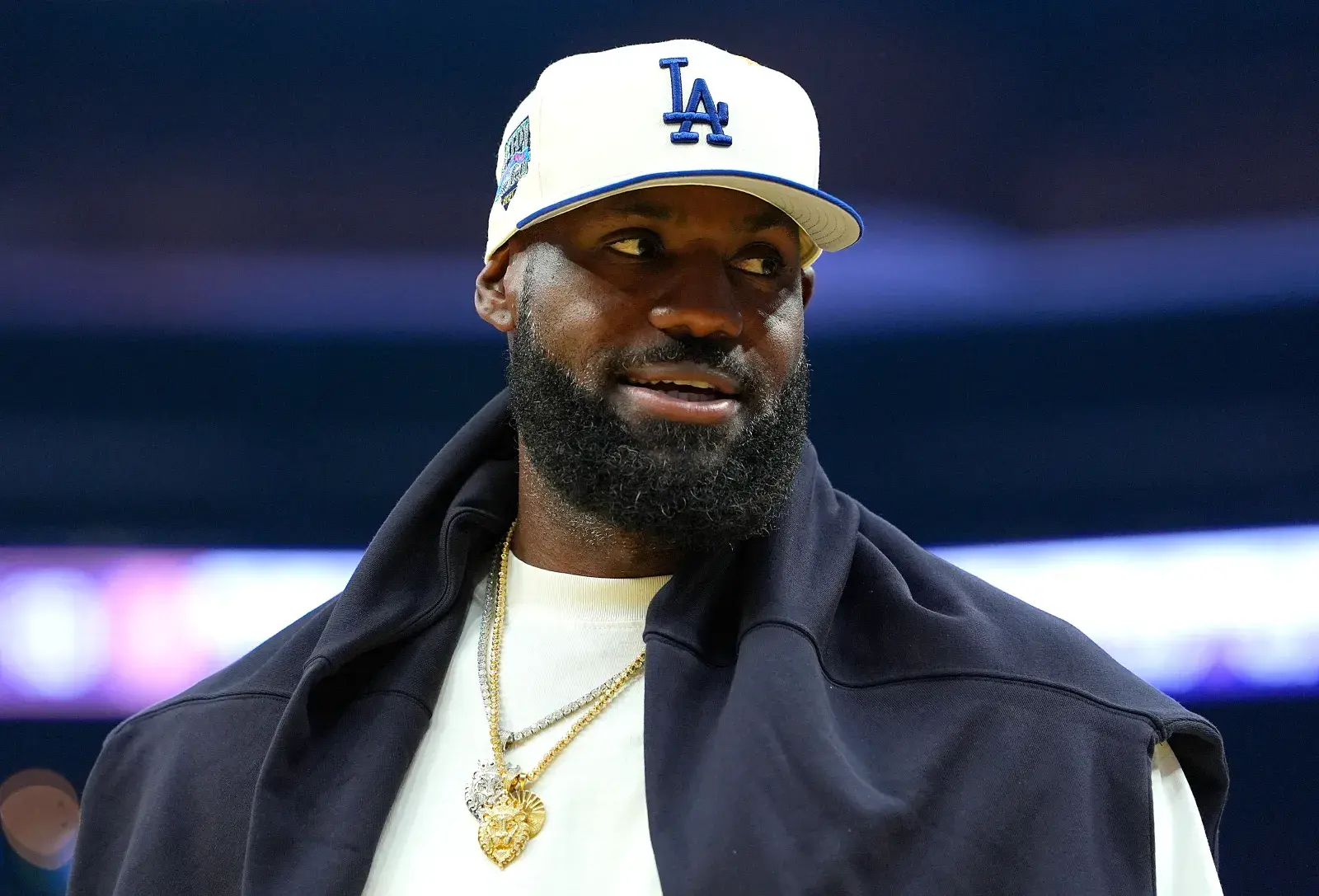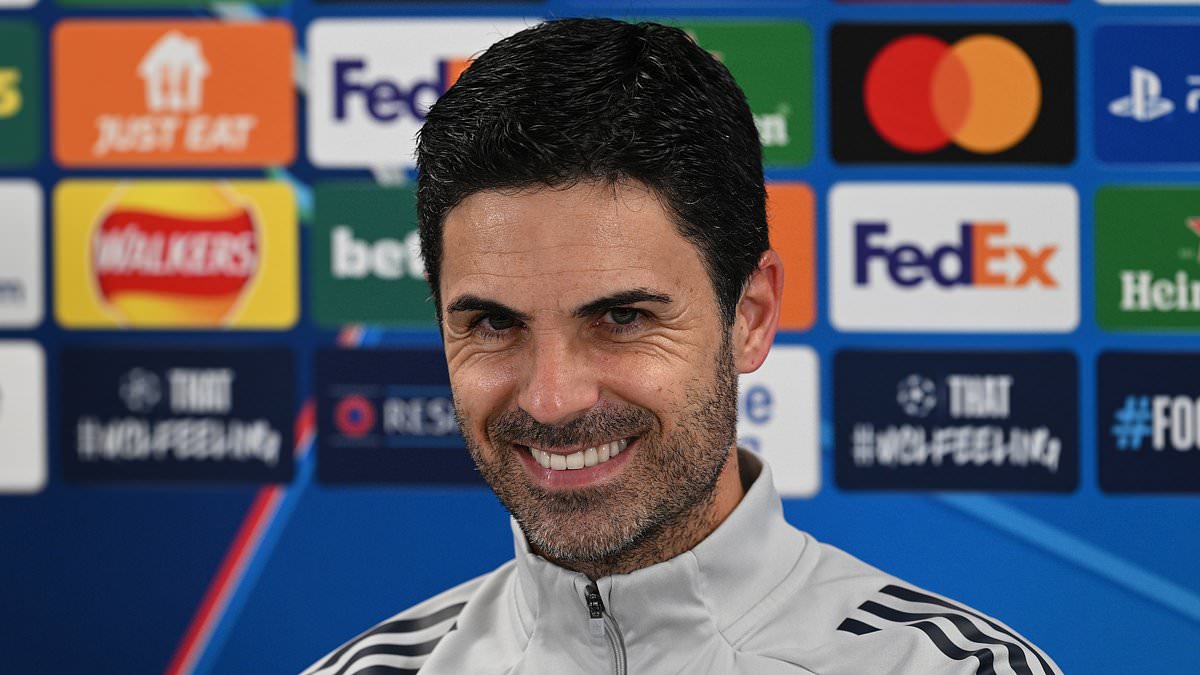Copyright Athlon Sports

Athlon Sports aims to feature only the best products and services. We may receive compensation for links to products and services on this website. Highlights San Francisco hires Tennessee’s Tony Vitello, a rare NCAA-to-MLB jump without prior pro managing experience The only close historical comp is Dick Howser leaving Florida State for the 1980 New York Yankees after prior MLB coaching Buster Posey’s front office is betting on a development-first culture and modern communication. The San Francisco Giants didn’t just hire a manager; they are redefining the job description at the major league level and made a statement about what they value. By bringing in Tony Vitello from the University of Tennessee, the Giants chose a “program builder” with a championship resume and a teacher’s toolkit, not a standard-issue big-league retread. It’s the boldest move of this cycle and one of the boldest in years. Why This Is Different Vitello steps from an NCAA powerhouse straight into a Major League dugout without prior pro managing experience. That has never happened in the modern game. While many are citing Milwaukee Brewers manager Pat Murphy, he had experience in big league organizations. The closest precedent is Dick Howser, who left Florida State to manage the 1980 New York Yankees—except Howser had already spent a decade on a big-league staff before the detour to college. Vitello’s path is cleaner and riskier. A college skipper to an MLB manager in one huge leap. While some MLB players have logged time in college dugouts, many stars have not, including Giants slugger Rafael Devers. What It Means for the SF Giants This hire indicates how the Giants want to win and are seeking a next-level edge. They’re leaning into player development, communication, and individualized plans—areas where elite college coaches spend their careers. Vitello’s Tennessee Vols teams didn’t just win; they ran like a system. That focus matches a front office led by Buster Posey that prioritizes collaboration, preparation, and squeezing marginal gains from the roster. Posey is 38. Vitello is 47. They are from the same baseball era, close enough in age and outlook to quickly build a shared language. The Real Cost Shows Real Conviction This is not a money-saving experiment. Vitello reportedly earned around $3 million per year at Tennessee with a significant buyout attached. That’s more than a competitive MLB manager salary and the Giants are paying to change their trajectory. In a sport that often drifts toward safe hires, San Francisco chose an idea—and backed it with dollars. How This Works in a Big-League Room The transition from college to MLB begins with the support around him. The bench coach, pitching and bullpen coaches, and the game-planning group will likely have to serve as the experience counter to Vitello’s ideas. Vitello recruited future Hall of Famer Max Scherzer at the University of Missouri. The two remain close friends and Scherzer voiced his support for the hire through The Athletic’s Ken Rosenthal. “I absolutely believe he is gonna get it done on the big league level.” The college season is different. There are fewer games, a different bunt and steal calculus, and there is that constant awful metal-bat soundtrack. Major League Baseball is a 162-game marathon with daily bullpen choices, roster churn, and replay minutiae. The Giants have to get the staff hires right around Vitello and hope the learning curve flattens. The Questions Heading Into Spring Can Vitello earn credibility with established veterans quickly? College managers have more power; they control scholarships. MLB authority rides on trust, clear plans, and results. How fast can Vitello translate his ideas? Pinch-hit timing, bullpen leverage, and late-inning matchups are learned by doing. Everyone will be watching in April to see what mistakes he makes. What does the front office–dugout interface look like? The best versions of this model align analytics with a manager’s clubhouse voice. The worst feels like mixed signals. The Giants need Vitello to be the authoritative voice in the clubhouse quickly. Why This Could Work Vitello is known as a builder. He has been praised because he hires well, delegates smartly, and communicates in plain language. His teams play hard, with clear roles and buy-in. In a league where rosters turn younger and development bleeds into the big leagues, a teacher who can connect with players and staff has real value. If the Giants surround him with experienced tacticians and keep messaging tight, the on-field product can stabilize in a hurry. In the National League West, Vitello will get some time to catch up with the Los Angeles Dodgers juggernaut, but Posey has already shown he is impatient to close the gap. Red Flags to Watch No managing reps or real support system in MLB means the small stuff matters immediately. Vitello has to be on top of bullpen moves, challenge windows, and handling three-games-in-36-hours travel hits. College pitcher usage is always debated among MLB lifers, so every hot-button removal or extended outing will be scrutinized. Vitello’s brief suspension during an NCAA inquiry in 2023 will be rehashed even if it has little bearing on Major League Baseball. None of these is disqualifying, but they can be road bumps. What Comes Next Staff announcements will be very telling. Look for a veteran bench coach with late-inning acumen and Posey’s trust. Also, VItello needs a pitching group that can translate plans to performance. Spring training will focus on building trust with veterans while implementing the language and routines that made Tennessee hum. If the Giants keep the pipeline moving and the clubhouse aligned, the payoff is a modern, repeatable process that outlasts one season. The Bottom Line for San Francisco



